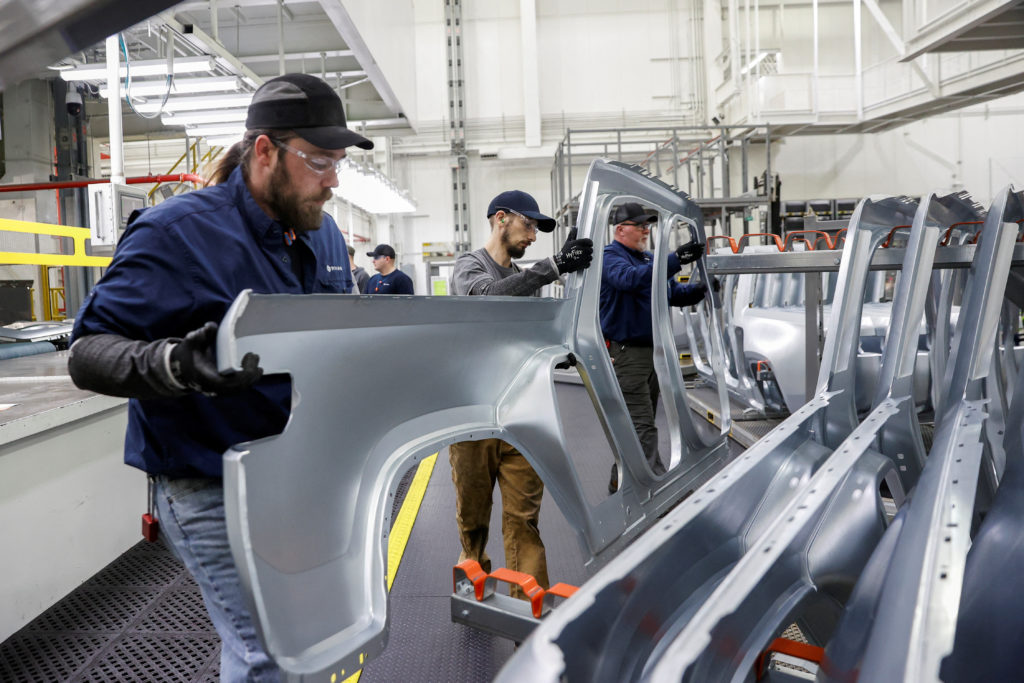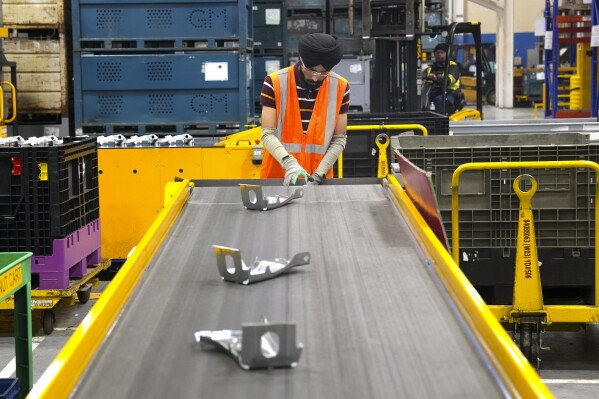Over the past few days, the auto-parts sector has seen a flurry of developments—from tariff tremors and market optimism to corporate turnarounds and strategic innovations. Here’s a snapshot of the top stories shaping the landscape:
Tariff Turbulence: South Korea and India Adjust Engines
Mid-sized auto-parts firms in South Korea are feeling the strain from a U.S. tariff shock that has significantly eroded their export performance. While they manage to sustain some domestic sales, smaller suppliers are seeing notable declines in international volumes.
Meanwhile, India’s $80 billion automobile components industry is reeling from a steep 50% U.S. tariff. The impact varies across product lines, offering slight relief in some corridors—but exporters are actively seeking alternative markets and strategies to buffer the blow.
Market Boost: Supply Chain Resilience Spurs Investor Confidence
Advance Auto Parts has bounced back into profitability in Q2 thanks to careful operational restructuring, including a $1.95 billion senior notes offering and a $1 billion revolving credit facility. Comparable sales showed particular strength in the Pro business segment, signaling renewed investor confidence.
In parallel, the stock market is favoring auto-supplier names like BorgWarner, Aptiv, Visteon, TE Connectivity, and Bel Fuse. Baird upgraded several of these stocks, buoyed by their exposure to hybrid technologies, favorable valuations at around 11× projected 2026 earnings (versus the S&P 500’s 22×), and resilient demand post-tariff pressures.
Advance Auto Parts Faces Cost Pressures but Stays Resilient
Despite the earnings beat, Advance Auto Parts trimmed its 2025 earnings-per-share forecast to $1.20–$2.20 from a prior $1.50–$2.50, citing heightened interest costs and tariff-related headwinds affecting 40% of its cost of goods. Still, management noted that over 90% of its revenue is nondiscretionary—offering a buffer in a challenging cost environment.
Legal & Advocacy Landscape: Settlements and Global Policy Moves
In Canada, recipients began receiving payments from a $78 million auto-parts class-action settlement starting August 28.
Across the Atlantic, Germany’s VDA has urged Washington to swiftly cut tariffs on EU auto imports—from 27.5% to 15%—in response to reciprocal EU moves. The industry association emphasized the financial strain excessive duties impose and pushed for expedited reform to support transatlantic industry stability.
Why It Matters
-
Global Trade Uncertainty: Tariff shocks in Asia and defensive policy lobbying in Europe underscore how auto-parts suppliers are navigating a volatile regulatory environment.
-
Financial Resilience: Although facing cost pressures, U.S. firms like Advance Auto Parts are retaining profitability through operational agility and nondiscretionary revenues.
-
Investor Signals: Upgrades by analysts highlight confidence in select suppliers who are well-positioned in evolving automotive technologies and show strong financial metrics.
-
Consumer & Legal Impact: Settlements in Canada illustrate the industry’s legal complexity, while ongoing tariff debates in Europe shed light on broader macro-economic stakes.
Post time: Sep-04-2025





